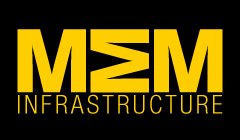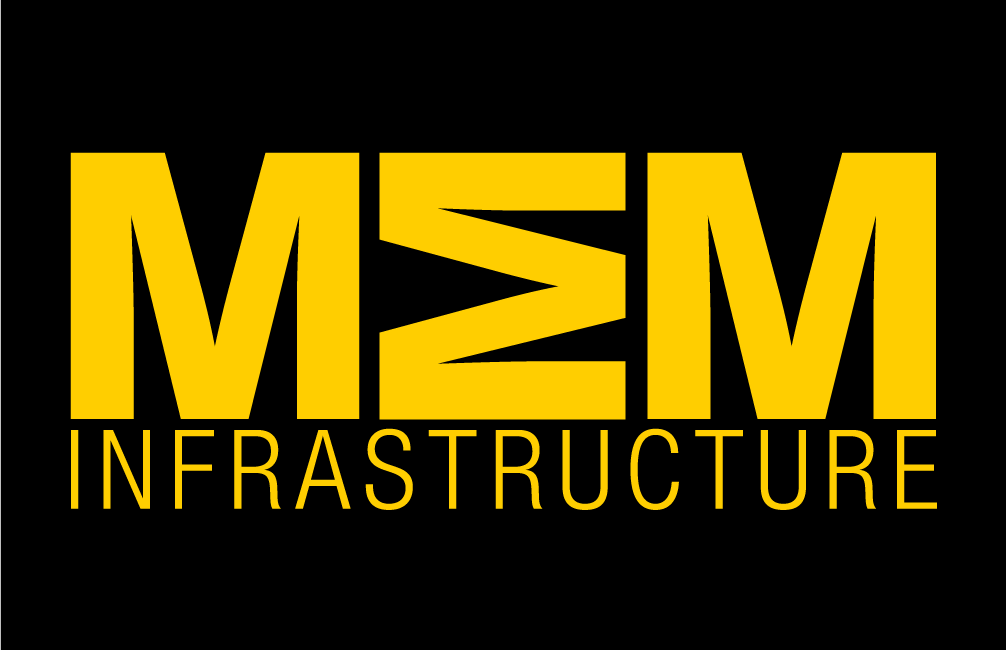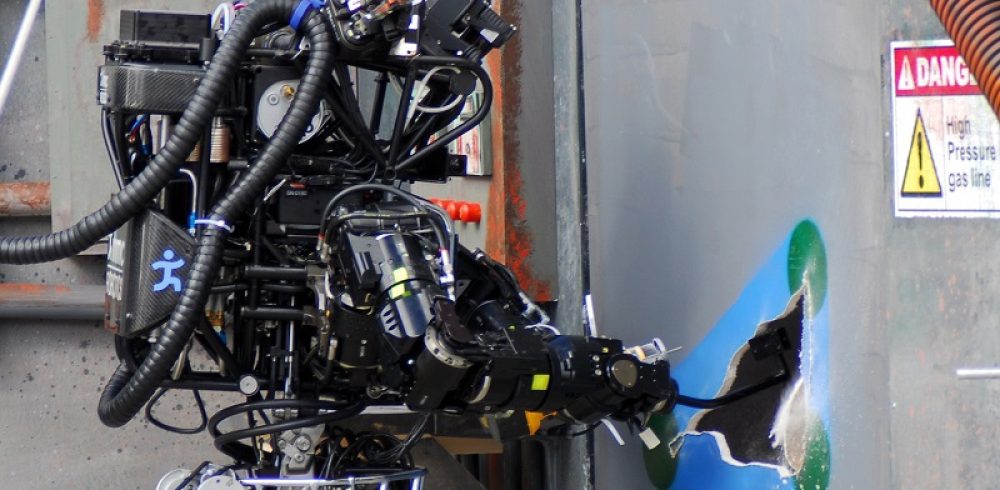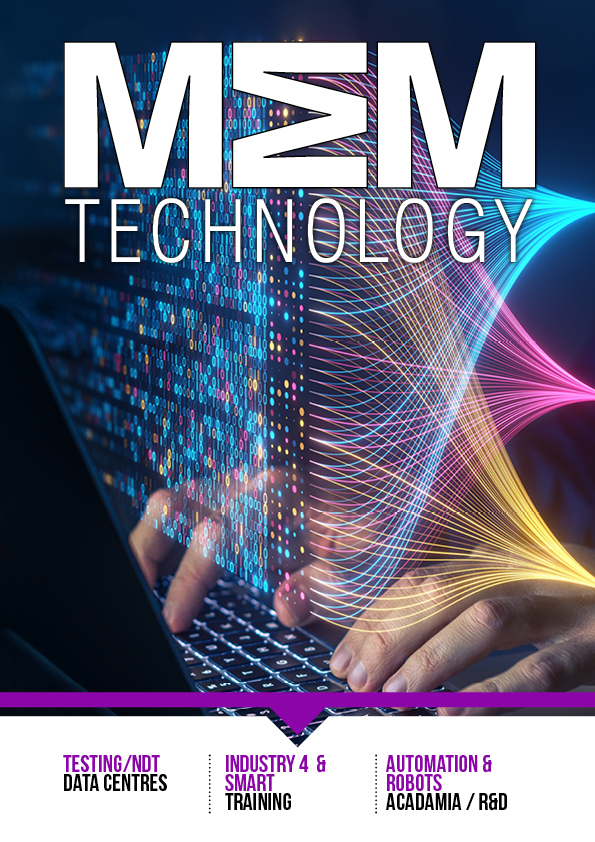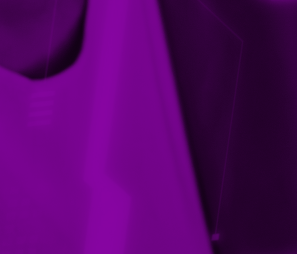Wood Group, together with four other contractors, secured funding that will be used to apply a navigation system designed for Mars missions and heavy-lifting robots that will help clear the radioactive rooms at âEuropeâs most complex nuclear siteâ. The funding was offered by the Department for Business, Energy and Industrial Strategy, the Nuclear Decommissioning Authority (NDA), and Innovate UK.
Wood will combine data and control systems with state of the art robotics to design a demonstrator system for cleaning and dismantling highly radioactive rooms at Sellafield in Cumbria. The technologies used include a multi fingered gripper that allows robots to grasp different objects, a navigation system designed for Mars missions that enables autonomous mapping where the human access is impossible, and mixed reality headsets.
Our innovative proposal for a fully remote solution removes the operator from a hazardous environment and is adaptable enough to tackle different tasks, many of which present unique challenges, explained Bob MacDonald, CEO of Woodâs Specialist Technical Solutions business.
A competition was organised to find new techniques to make nuclear decommissioning safer, faster, and more cost-effective. Wood Group was one of the winners and secured £1.5 million worth of funding, out of the £8.5 million available. In reality, the competition response was so promising that the government bodies increased the total amount from the initial £3 million to £8.5 million.
We were all incredibly excited by the quality and diversity of the submissions, which came from established nuclear organisations as well as industries working with us for the first time, such as space and defence sectors, said Melanie Brownridge, NDA Head of Technology.
The research partners of Wood Group are Airbus Defence and Space, Clicks and Links, Damavan Imaging SAS, Digital Concepts Engineering, IS-Instruments, I3D Robotics, Kawasaki UK, TWI, the University of Lancaster, and the University of Salford.
